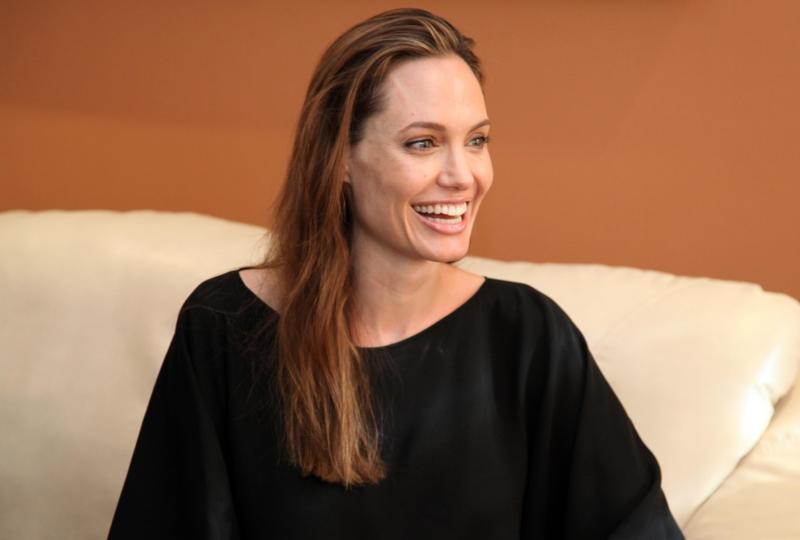Angelina Jolie's Surgical Breast Cancer Specialist Shares 10 Recommendations for Breast Health
Angelina Jolie's Surgical Breast Cancer Specialist Shares 10 Recommendations for Breast Health
For Breast Cancer Awareness month (October), the surgical breast care specialist for Angelina Jolie made some public announcements to do her part. She was trying to raise awareness by discussing the latest advances in the fight against breast cancer. Discussing recent advancements can help people remain hopeful.
This physician also revealed her 10 secrets to preventing breast cancer, which she believes are essential for any woman to practice.
Dr. Kristi Funk is the person who treated Jolie, and is also the founder of Pink Lotus Breast Center. This organization is committed to providing patient-centered care in the area of prevention, diagnosis, and treatment. Pink Lotus Breast center is located in Beverly Hills and was founded in 2007. They offer a variety of services including but not limited to clinical breast exams, mammography, biopsies, surgeries, genetics, risk assessment, and diet and nutrition.
Dr. Funk recently shared some of her top diet and lifestyle tips that she recommends to women to help prevent breast cancer when she appeared on “Good Morning America.”
One of the technologies that she discusses is 3-D mammography. She claims that 3-D mammography is one of the most important breast cancer developments that has been made this year. The US Food and Drug Administration has approved S-D mammography (also known as tomosynthesis) as an adjunct screening method to traditional mammography. Though still relatively new, 3-D mammography shows promise in being an effective screening method for women with dense breast tissue or who are at risk for high risk breast cancer. While the current research shows that 3-D mammography has a higher detection rate than the traditional methods, there is also a higher number of false positives with 3-D mammography. Given that the technology is still fairly new, there is hope that in the future it will be used more regularly and help women detect cancer sooner.
While having dense breast tissue does not make you more likely to get breast cancer, it does make it more difficult to detect. Dr. Funk said, "I love this technology, especially for dense-breasted women where those cancers get camouflaged.” With all the media attention about hereditary breast cancer, most women believe that breast cancer is predominantly hereditary. The truth is that the majority of breast and ovarian cancer is sporadic, meaning most cases are not hereditary. For women who do have inherited breast cancer, however, they most likely carry a mutation in one or both of the two infamous genes BRCA1 and BRCA2. Dr. Funk also says that a contributing factor to this misconception could be that many people do not want to admit that they have more control over the situation than they think.
In a recent feature with ABC News, Dr. Funk came forward with a list of lifestyle changes that she says could help women prevent breast cancer, ranging from diet to personal environment.
Photo credit: Reunión del Sr. Ministro de Relaciones Exteriores, Comercio e Integración. Eco. Ricardo Patiño con la actriz estadounidense Angelina Jolie by Cancillería del Ecuador



